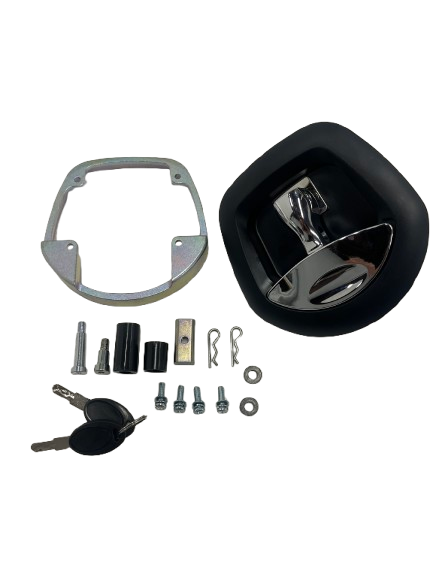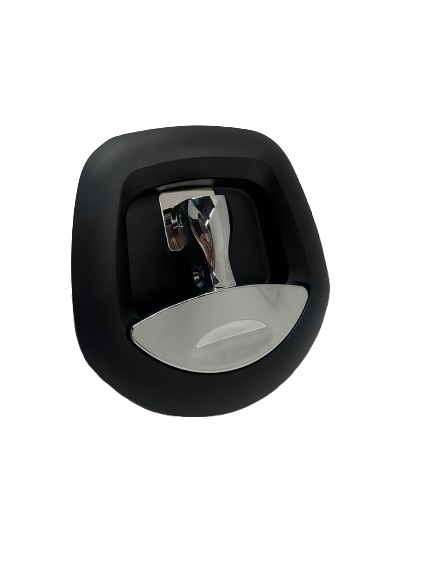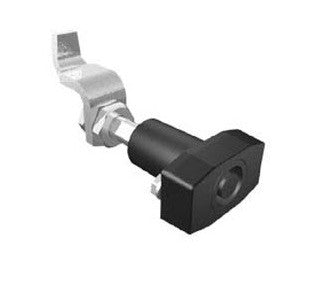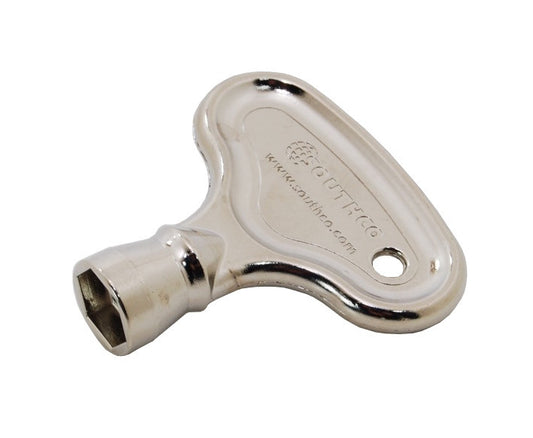What do I need to know about Latches?
Picking latches or locks for your project seems easy at first. But inevitably, after a short trip down the Google rabbit hole, you learn that there are literally hundreds of options for any project, and all of those options have variations... and now you're stuck with too many choices. The struggle is real!
There are all kinds of manufacturers out there. There are those that innovate and strive for a better "touchpoint" experience, and there are others who simply make parts cheaper. I want to give you a quick primer on where to start in choosing the right latch, and what questions you need to answer before you even start looking.
What kind of door/lid/cover is it?
Does your door close more like a car door (push to close) or like a sliding patio door? This is a key consideration that will help you narrow your options. You'll also need to decide if your door is "push to close" like a car door, or if it needs to be manually opened/closed and locked like a suitcase.
What environment will this latch reside in?
Will this enclosure live outside, exposed to the elements? Or will it remain indoors, living a life sheltered from harmful UV rays and driving rain? Knowing this will help you determine what material or sealing options your latch needs to have. If it's an indoor application, maybe a "steel with zinc plating" option is sufficient. For outdoor applications, consider stainless steel or a powder-coated finish for a longer-lasting finish.
What access situations do you need to consider?
Winter means gloved hands, or deep-freeze conditions, depending on where you are in the world. If you can't operate the latch mechanism without taking off your gloves, maybe it's not the best option. Look for larger grip surfaces or wide levers. For some applications, a flush latch is required to avoid catching clothing or accidental opening. Do you need high security? These are all things to consider.
Do you need the Keepers?
Sometimes, the "keeper" (the part that the latch connects to on the opposite side of the opening) isn't included with the latch. The reason it's not included is that most of the time the keeper isn't necessary. Some manufacturers design in a slot or lip for the latch to grab on to. But maybe your design doesn't include that feature, so you may need to consider a keeper. If you're not sure if the latch you're buying includes the keeper, ASK! They're not expensive, but can be extremely valuable.
Can it be installed?
This isn't a question of whether or not you have the ability to install this latch (you do), but rather "can it be installed in the place I've designed for it?". It would sure be disappointing to have the perfect latch in your design, only to learn that it can't physically fit in that design for some reason. The easiest way to avoid this problem is to pick the latch first and design the enclosure so the latch will fit.
What's your budget?
Price isn't everything, but it can be a large part of your selection process. Once you've identified the type of latching mechanism or hinge you need, you can narrow your choices based on price.
and you're almost there...
Once you have your choices narrowed down, you're ready to order the parts and begin building! Good luck!




